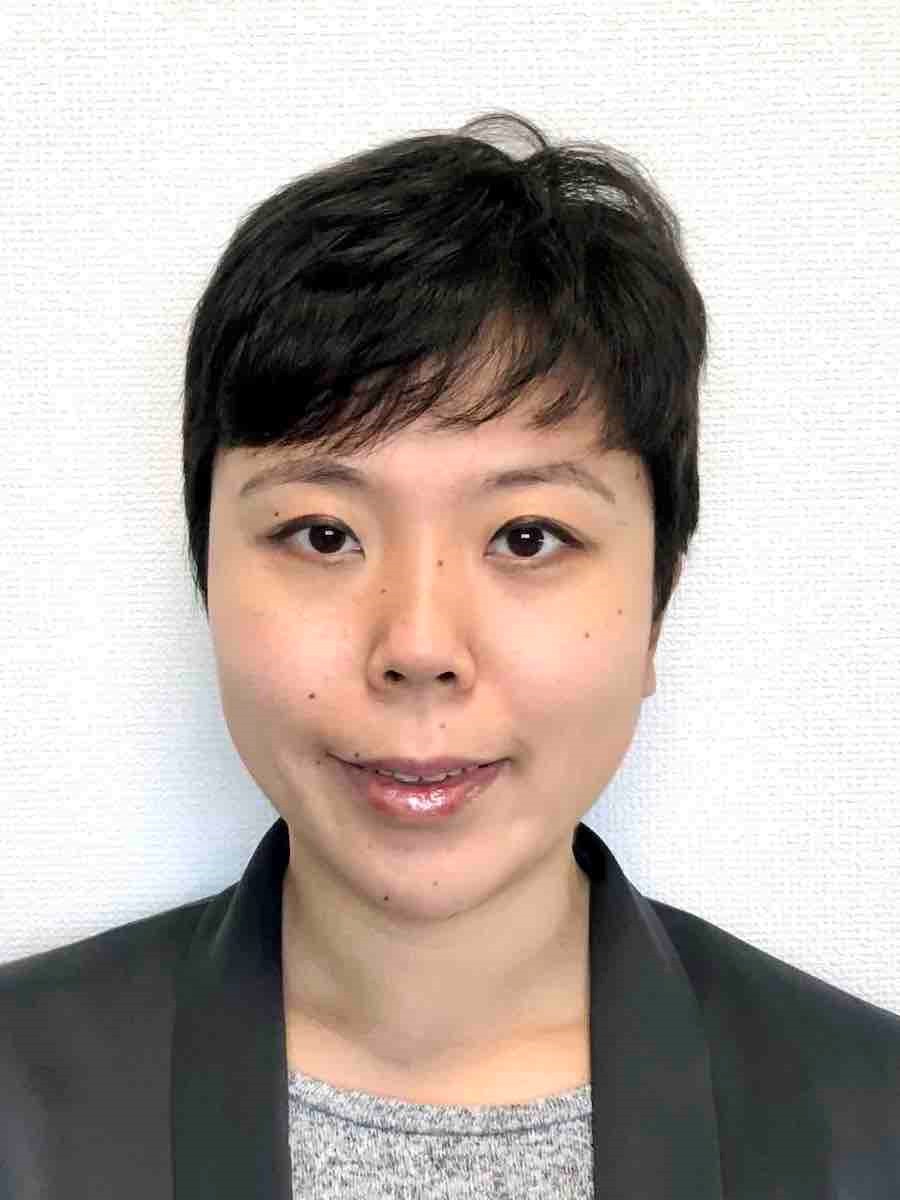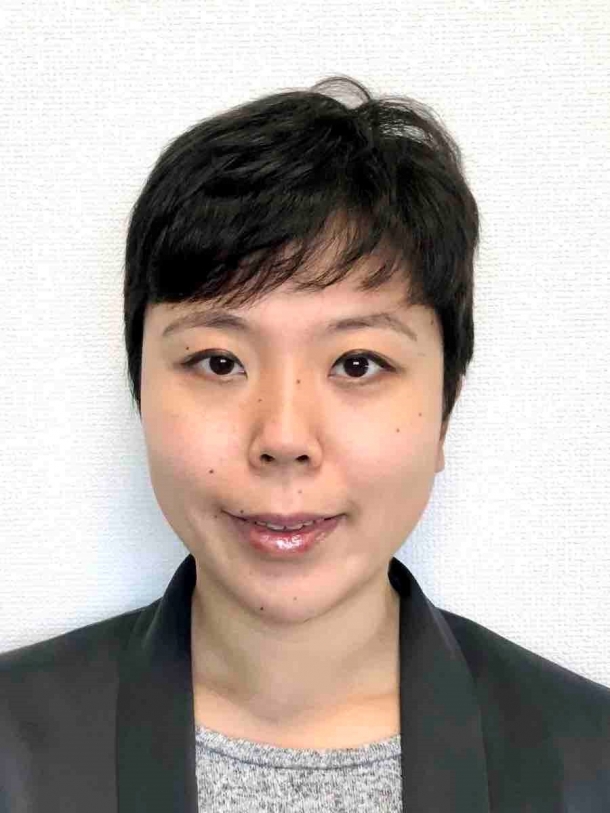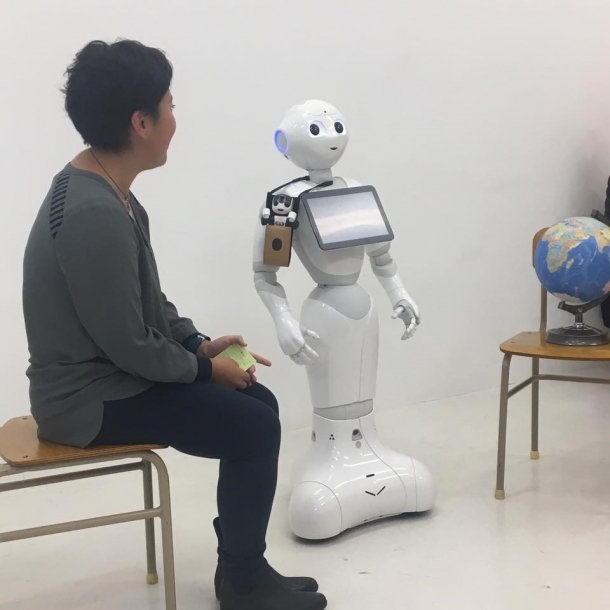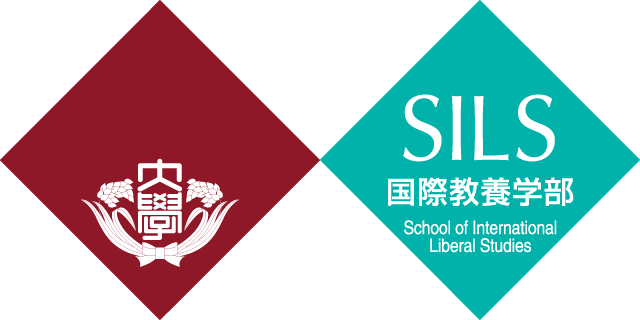- News
- 【Introduction of New Faculty Member】NISHIMURA, Keiko, Assistant Professor
【Introduction of New Faculty Member】NISHIMURA, Keiko, Assistant Professor

- Posted
- Fri, 29 Mar 2024
Self-Introduction
 Hi everyone! My name is Keiko Nishimura, and I am an Assistant Professor at SILS and GSICCS at Waseda University.
Hi everyone! My name is Keiko Nishimura, and I am an Assistant Professor at SILS and GSICCS at Waseda University.
I specialize in Communication Studies, a field that studies diverse forms of communication, from face-to-face interpersonal communication to technologically mediated ones, from speeches to embodied performances. I focus on the intersection of technology, media, and popular culture in Japan. I have always been curious about the uses and contexts of particular media and technological platforms for different forms of communication and their relation to the broader cultural and social milieu.
I have been particularly interested in the role of automated machines, like robots, in communication. My dissertation investigated how culture, society, and technology intersect in the role of communication robots in both practices and discourses, tracing its cultural history in manga (and anime) since the 1920s. While I like to think about machines, I am more interested in people—this is why I engaged in ethnographic fieldwork in Tokyo during my dissertation research, hanging out and learning a great deal from the community of robot app developers of Softbank’s Pepper in 2017-2018.
While Pepper may not be as popular today as it was in the mid-2010s, the forms of what we might call robots or artificial intelligence in our everyday lives are increasing. I am looking forward to the discussions with students about the implications of such technologies for the society we create in the future.
Recent Research Interest
My current research is part of the collaborative project called COVID-19 and Society. I am focusing on popular understanding and experiences of science and health during the COVID-19 pandemic through the perspective of science and technology studies (STS), a field of study that critically looks at scientific knowledge and technological artifacts in its sociocultural contexts. I am currently analyzing the language and visual rhetoric of health and science in the political manga essays that critique the authorities’ responses to health, both from the conservative and liberal spectrum.
 I am interested in the “ending” of technological media objects, such as Pepper, for my next project. How does a robot or AI “die” technologically and socially? Related to this, I’d like to pay particular attention to the concept of “uselessness.” Machines are often judged based on whether they are useful or useless—but useful for what? In a society where youth have a low sense of self-worth as opposed to a higher rate of feeling useful to others, what does it mean for a machine or a person to be “useful” or “useless”? It would enter the theoretical discussions surrounding value, worth, and waste by historically locating the useless (and “nonsense”) art and objects. I hope to examine the relationship between the experiences of collective self-worth and “useless/useful” objects and their diverse “uses” in popular culture.
I am interested in the “ending” of technological media objects, such as Pepper, for my next project. How does a robot or AI “die” technologically and socially? Related to this, I’d like to pay particular attention to the concept of “uselessness.” Machines are often judged based on whether they are useful or useless—but useful for what? In a society where youth have a low sense of self-worth as opposed to a higher rate of feeling useful to others, what does it mean for a machine or a person to be “useful” or “useless”? It would enter the theoretical discussions surrounding value, worth, and waste by historically locating the useless (and “nonsense”) art and objects. I hope to examine the relationship between the experiences of collective self-worth and “useless/useful” objects and their diverse “uses” in popular culture.
Profile
I received a B.A. in English Language and Studies with a focus on American Studies in 2010 and an M.A. in Global Studies with a focus on Japanese Studies from Sophia University in Tokyo in 2012. While being a doctoral candidate at the University of North Carolina at Chapel Hill, I received the Japan Foundation Doctoral Fellowship for 2017-2018 and conducted fieldwork research in Tokyo and Fukuoka. I received my Ph.D. in Communication (Cultural Studies) from the University of North Carolina at Chapel Hill in 2021. I have been teaching Communication and Cultural Studies courses since 2014 and have taught in nearly a dozen American and Japanese institutions.
